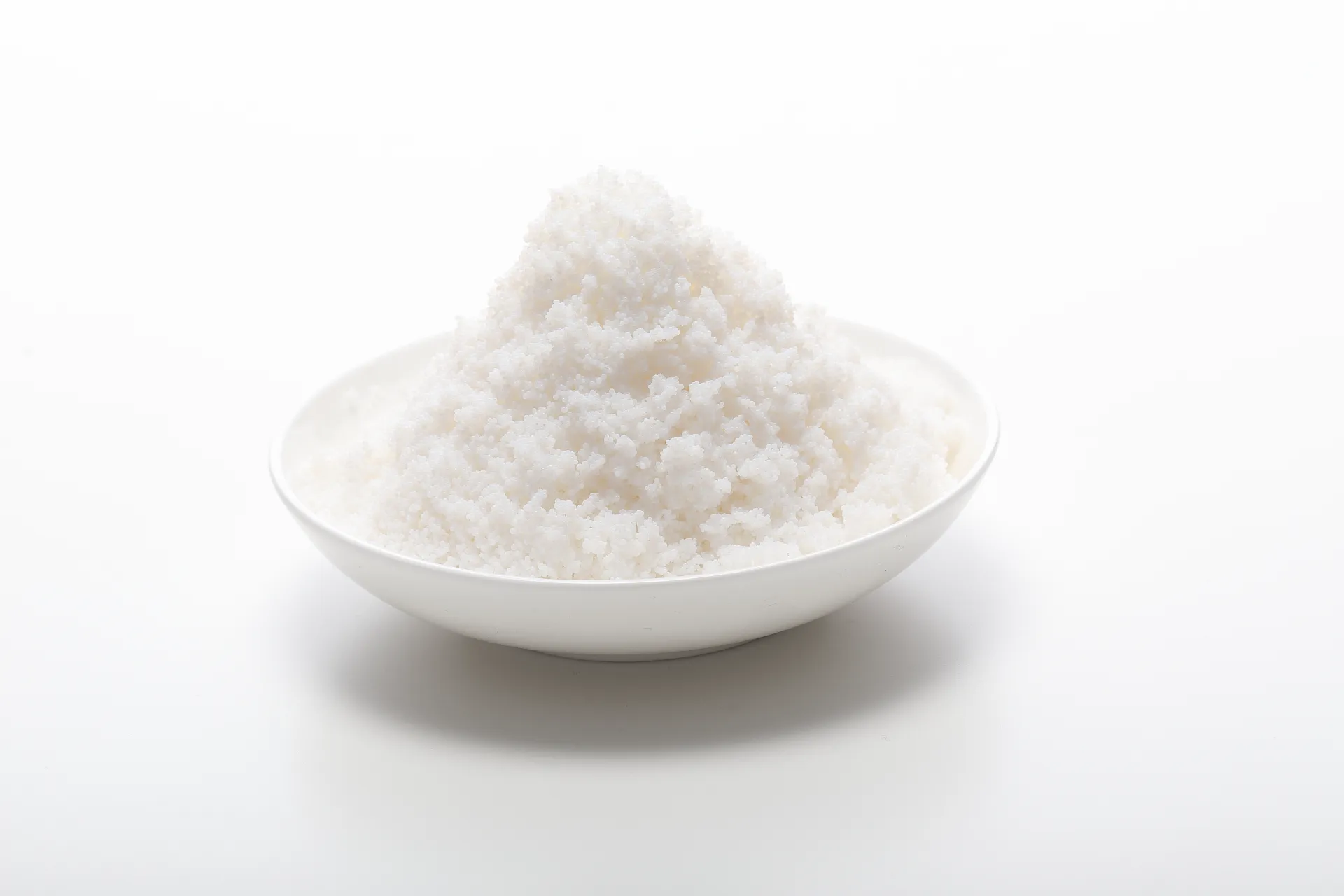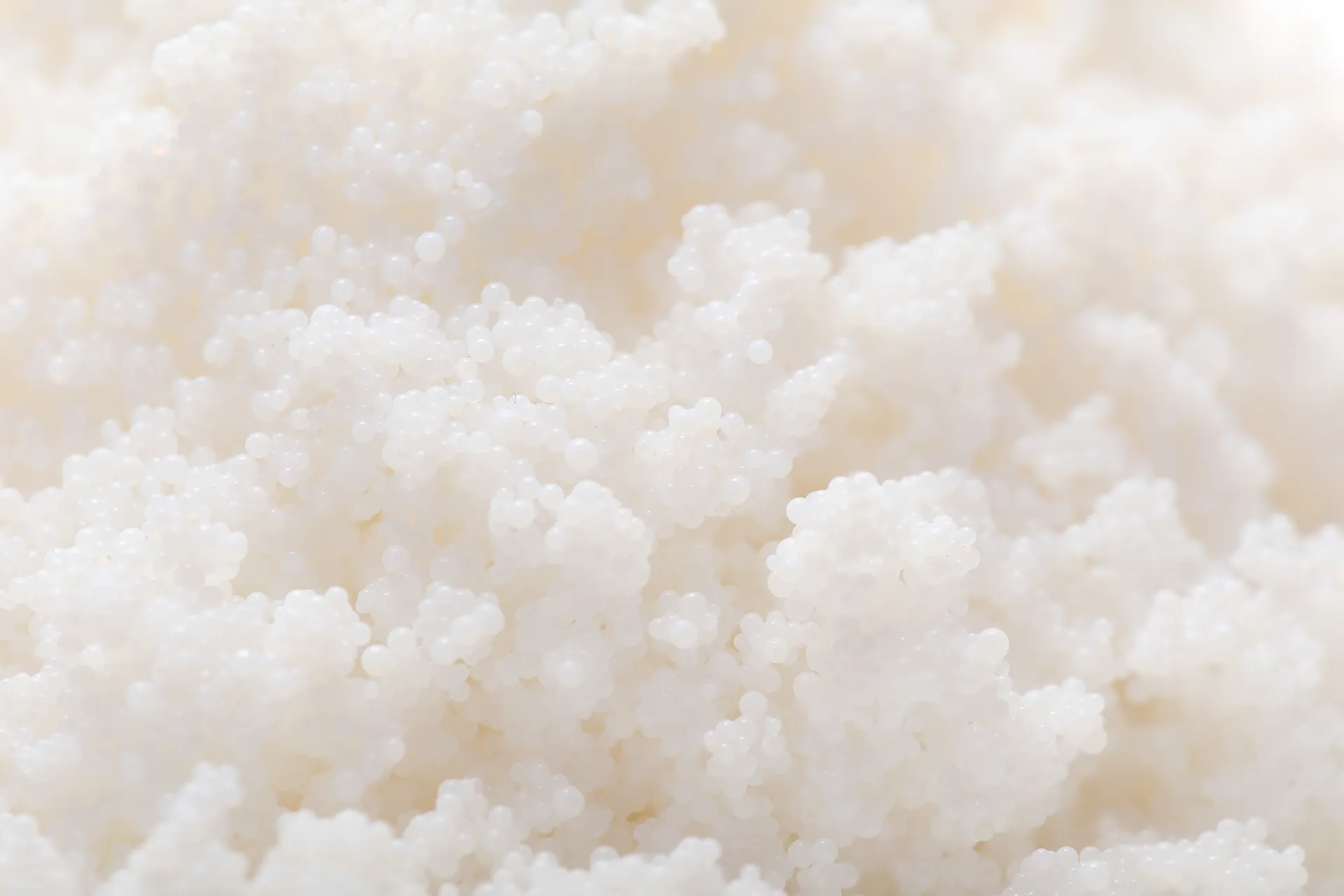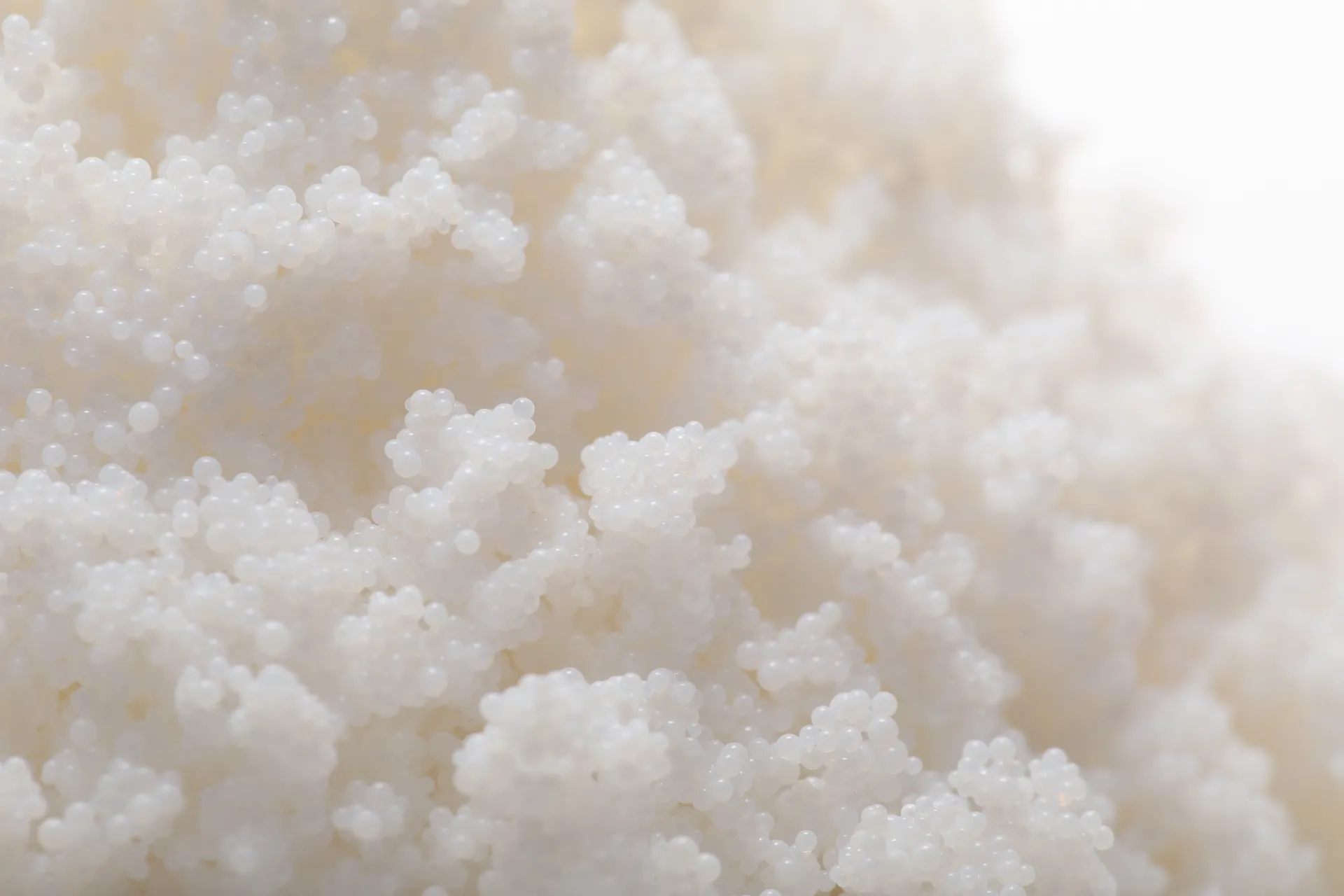What I’ve Learned in the Field about Water Purification Resin: AD-101 Up Close
When engineers ask me what’s working right now for polishing tricky organics, I usually point them to a non‑polar adsorption grade—something like water purification resin designed for saponins and flavonoids. It sounds niche, but in practice it solves a broad set of problems in nutraceutical, beverage, and pharma utility water. The one I’ve been following is AD‑101, a macroporous styrene–divinylbenzene resin with a track record in plant extracts. Oddly specific? Yes. Surprisingly versatile? Also yes.

What makes AD‑101 interesting
AD‑101 is a non‑polar, macroporous styrene copolymer (cross‑linked with divinylbenzene; porogens toluene and octanol). In real‑world water polishing, that means strong uptake of non‑polar/weakly polar organics—humics, phenolics, color bodies, residual botanicals—without the pH juggling you’d do with ion exchange. Many customers say it’s especially sharp on saponins; I’ve also seen good numbers on flavonoids and alkaloids in rinse water from herbal processing.
Typical applications
- Polishing of nutraceutical extract rinse water; reduction of TOC and color
- Beverage clarification (phenolic/color reduction) before final filtration
- Pharmaceutical utilities: side‑stream removal of trace organics prior to RO
- Resource recovery of ginsenosides, notoginseng saponins, diosgenin, ginkgo flavonoids
How plants actually run it (process flow)
- Materials: AD‑101 beads packed in SS column; ethanol/water for regeneration; CIP water.
- Method: Adsorption at ambient 15–30°C; EBCT around 5–20 min depending on TOC load.
- Elution: Stepwise ethanol (30–95%) or other approved solvents; solvent reuse loop.
- Rinse & re‑equilibration: Water flush to conductivity/TOC target; return to service.
- Testing: TOC per EPA 415.3, color units, HPLC of target organics; bead integrity checks.

Product specifications (real‑world values may vary)
| Property | AD‑101 Spec |
|---|---|
| Matrix / Type | Styrene‑DVB, macroporous, non‑polar |
| Surface area (BET) | ≈ 500–700 m²/g |
| Avg. pore diameter | ≈ 100–300 Å |
| Particle size | 0.3–1.2 mm (typ. 0.5–0.8 mm) |
| Moisture content | ≈ 55–65% |
| Bulk density (wet) | ≈ 0.65–0.72 g/mL |
| Operating pH | 1–13 |
| Max temp | ≈ 120°C (wet) |
| Adsorption capacity (ginsenosides) | >120 mg/g (bench data) |
| Service life | 1–3 years or >100–300 cycles, feed‑dependent |
Testing standards: surface area by ISO 9277 (BET); TOC by EPA 415.3; materials/parts contacting potable water should conform to NSF/ANSI/CAN 61. Factories commonly operate under ISO 9001 QMS. To be honest, certification language matters—ask for current certificates.
Vendor snapshot (what buyers compare)
| Vendor | Certs | Lead time | Best for | Notes |
|---|---|---|---|---|
| AD‑101 Supplier (China) | ISO 9001 (typ.); NSF/ANSI 61-ready components | ≈ 2–4 weeks | Botanical TOC/color, recovery | Custom cuts, solvent advice |
| Supplier B (EU Non‑polar Resin) | ISO 9001; some NSF listings | ≈ 3–6 weeks | Beverage polishing | Higher cost, robust support |
| Supplier C (IX Resin) | ISO 9001; NSF/ANSI 44/61 | Stock | Ionic species removal | Not for non‑polar organics |
Field results and feedback
Case study (nutraceutical plant, 20 m³/h side‑stream): switching to AD‑101 lowered TOC from 12–18 mg/L to 3–6 mg/L (≈60–75% reduction), decolorization 70–85%, with 25–40 BV between regenerations. Operators said, “less channeling than our old bed,” which, I guess, means the bead distribution and size helped. Ethanol use dropped ≈15% after optimizing EBCT.

Customization and support
You can spec different particle cuts, pre‑conditioning (ethanol‑wet), and column pack guidance. For water purification resin used near potable applications, request documentation for extractables, solvent residues, and NSF/ANSI 61 conformity statements. Real‑world use may vary, so pilot a 1–5 L column first.
Origin & logistics
Origin: NO.2 East Jianshe Road, High‑Tech Industrial Development South Zone, Wei County, Xingtai, Hebei, China. Shipping in solvent‑wet drums; store cool, sealed. Service life for water purification resin extends with good pre‑filtration and gentle CIP.
Citations
Hebei Lijiang Biotechnology Co., Ltd, is a new material manufacturer specializing in the production of high-performance special ion exchange resins.mixed bed resin suppliers It is a modern high-tech enterprise that integrates the research and development,production, sales, and service of resin materials and resin terminal products.ion exchange resin The company is committed to producing high-quality industrial grade, food grade,pharmaceutical grade, and nuclear grade resins.cation exchange resin It has passed ISO9001 management certification,SGS certification, and WQA international certification from the American Water Quality Association, and has obtained a national food hygiene license. Food grade resin products comply with FDA standards in the United States.super blog